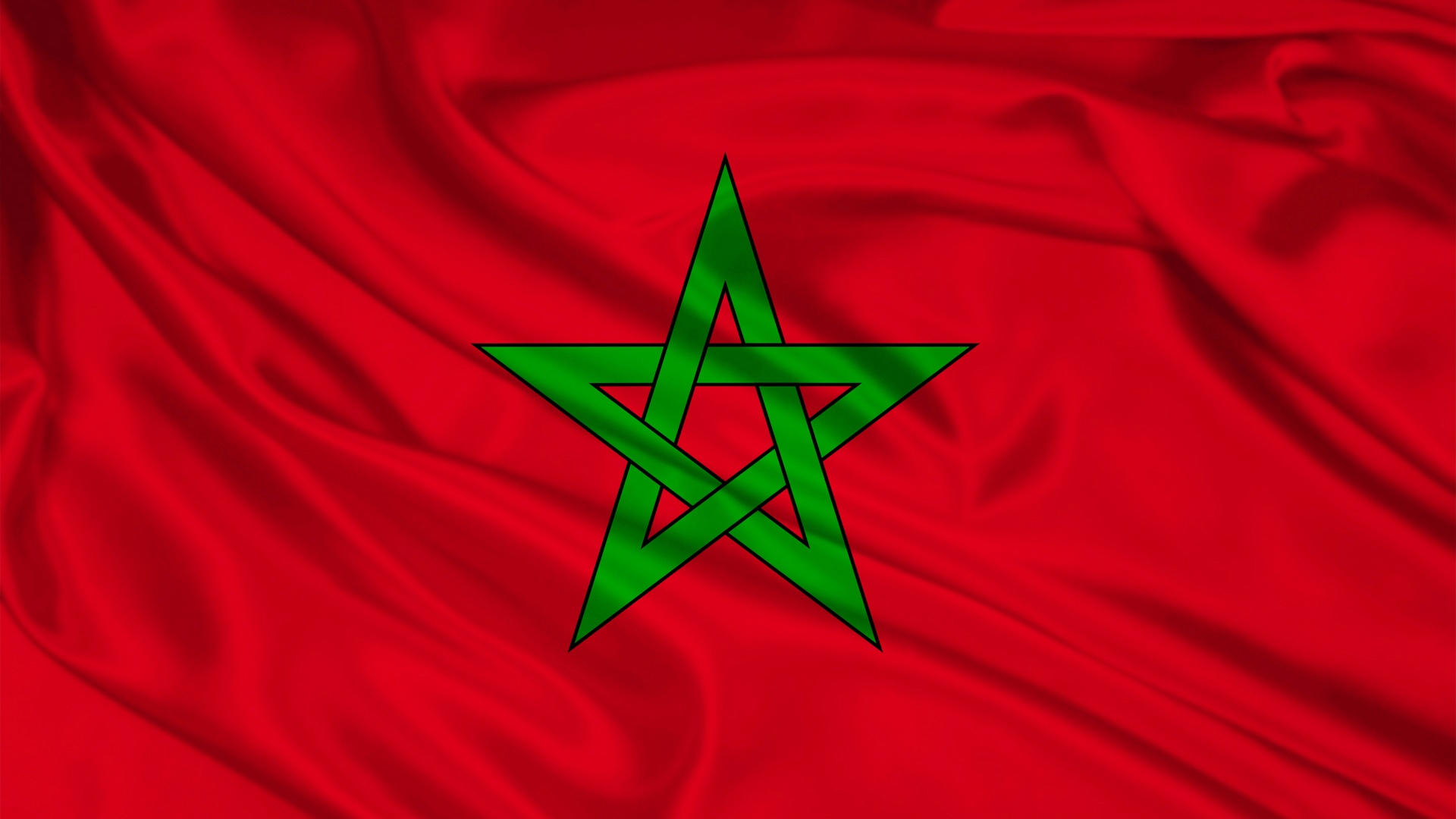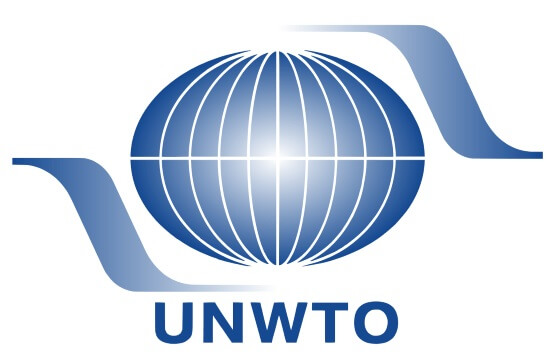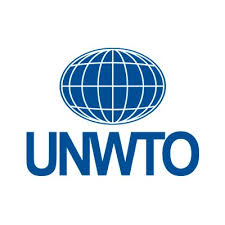
UNWTO welcomes Morocco as a partner of the International Year of Sustainable Tourism for Development 2017
Morocco has become the latest country to join UNWTO as partner of the International Year of Sustainable Tourism for Development 2017. The commitment was delivered at the Moroccan Day of Sustainable and Responsible Tourism held on 20 March in Rabat.
Morocco has become the latest partner of the International Year of Sustainable Tourism for Development 2017.
On the occasion of the Moroccan Day of Sustainable and Responsible Tourism on 20 March, the government of Morocco committed to support the International Year and advance the promotion of the first African Charter on Sustainable and Responsible Tourism.
The African Charter on Sustainable and Responsible Tourism, signed last November in Marrakesh during the Ministerial Forum on Tourism and Climate in Africa, on the sidelines of the COP22, aims at becoming an instrumental tool for the continent to engage in sustainable tourism best practices by reconciling social and economic growth, the preservation of the environment and the respect for the cultural diversity of each country.
“The commitment of the Kingdom of Morocco with the tourism sector is remarkable, not only by joining now the International Year of Sustainable Tourism for Development, but also by other gestures done in the past such as partnering with the World Tourism Organization in promoting more responsible practices and leading the process of adoption of the African Charter” said UNWTO Secretary-General Taleb Rifai.
The United Nations 70th General Assembly has designated 2017 as the International Year of Sustainable Tourism for Development. In the context of the universal 2030 Agenda for Sustainable Development and the Sustainable Development Goals (SDGs), the International Year aims to support a change in policies, business practices and consumer behavior towards a more sustainable tourism sector than can contribute to the SDGs.
The IY2017 will promote tourism’s role in the following five key areas: (1) Inclusive and sustainable economic growth; (2) Social inclusiveness, employment and poverty reduction; (3) Resource efficiency, environmental protection and climate change; (4) Cultural values, diversity and heritage; and (5) Mutual understanding, peace and security.




